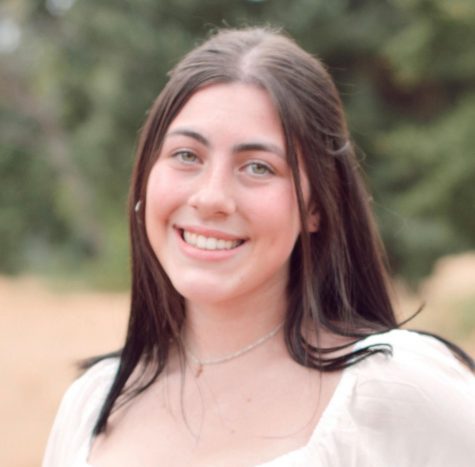An Inside Look Into the Effects of COVID-19 On College Students
December 17, 2020
COVID-19 took an immense toll on lives across the globe, and arguably, the class of 2020 was among the most affected groups. Seniors missed out on their prom and graduation, and most are currently missing out on their freshman year at college. All events they will never be able to experience again. I sought to hear first hand experiences from the seniors of 2020 and understand how COVID-19 has affected them and their post-high school plans.
Much like high school systems across the country, universities also all have their own unique systems in place at their campuses. CNBC elaborates that each school has a certain “protocol in which students are tested for the virus before they return to campus and [get] routinely tested thereafter. For instance, Harvard University has said that the school will test on-campus students every three days. Yale plans to test on-campus students twice a week.” Across the map, universities have implemented numerous safety precautions. Most have taken on online learning to avoid the risk of COVID entirely. Hailee Rowe, a sophomore at Arizona State University, explains that “the rules at ASU are there are no visitors allowed in any university housing, you are not allowed to attend any ASU unregistered events, and you must submit a daily health check every day.” These rules are similar to those in place at the University of Washington as well. Freshman Millen Khangura details that “the rules are limited dorm capacity, no campus activity, Greek life is limited, masks at all times, and no in-person classes or labs.” With these rules in place, many students were questioning if they even wanted to attend college. Why spend all this money for an experience you are not having? An article by CNBC noted that “undergraduate college enrollment is down 2.5%” while “community college enrollment decreased by 7.5%.” These numbers emphasize last year’s seniors’ hesitation to “attend” universities.
For most universities, students are given the choice of whether they want to spend their online learning at home or on campus. A freshman at Washington State University, Kendra Young says she is learning online but chose to stay in the dorms for more of a “college experience.” Freshman Amir Alawi at the UW, however, explains that he is staying at home so he does not risk bringing the virus back to his family from the dorms.
Without classes and college activities, such as sporting events, what are college students doing to pass the time? Kyla Pranghofer, a freshman at WSU, says she spends most of her time in her dorm and then partying on the weekends. Rowe says the parties at ASU have continued as well. What is interesting to take note of is that parties at colleges have not stopped despite the virus. Another article by CNBC details that “another factor impacting colleges’ abilities to control coronavirus is their inability to stop students from socializing. While many schools have enacted community guidelines prohibiting large social gatherings, college parties continue to cause spikes in cases of coronavirus.” Freshman at Bellevue College, Danielle Mercure, explains how she partied and then got the virus, so she is now refraining from partying. Students who are not partying, such as freshman at WSU John Herd, are spending their time working, staying home, and catching up on studies. Mercure says she “spends time online shopping, going to work and spending a majority of time with [her] boyfriend and friends.”
Although students have been able to spend time at home with their friends, part of the social aspect of college is missing. Megan Kilzi, a freshman at WSU, says she loves spending time at home with her friends, but it is very hard to meet people at college when there really is no college at all. Alawi says his only friends from college so far “are people from the discord chat for each class. [They have] all connected and know each other well, so it’s nice to talk to them but [he] can’t see their faces so it’s not the same.” The lack of in-person classes has brought down the morale of college students as well. Young says, “COVID has been a huge hindrance in my freshman year. I feel like it has been stripped away from me just like senior year. It’s just not fair.” In an interview with Time Magazine, Grant Davis explains that “you honestly don’t feel as if you’re in school. You simply feel like you’re watching videos and you’re not part of the class.” College students do not feel like students. It is evident that many are just going through the motions of their daily lives, just trying to accept what is the new normal. Pranghofer says she feels like she is “missing out on everything.”
These college students have already missed out on their senior year of high school and now their freshman year of college. These are two monumental years in their lives that they will never be able to get back. The anxiety and anger felt by these teens is immense and understandable. Although most understand it is for the best, it is still upsetting to miss out on such huge experiences.


